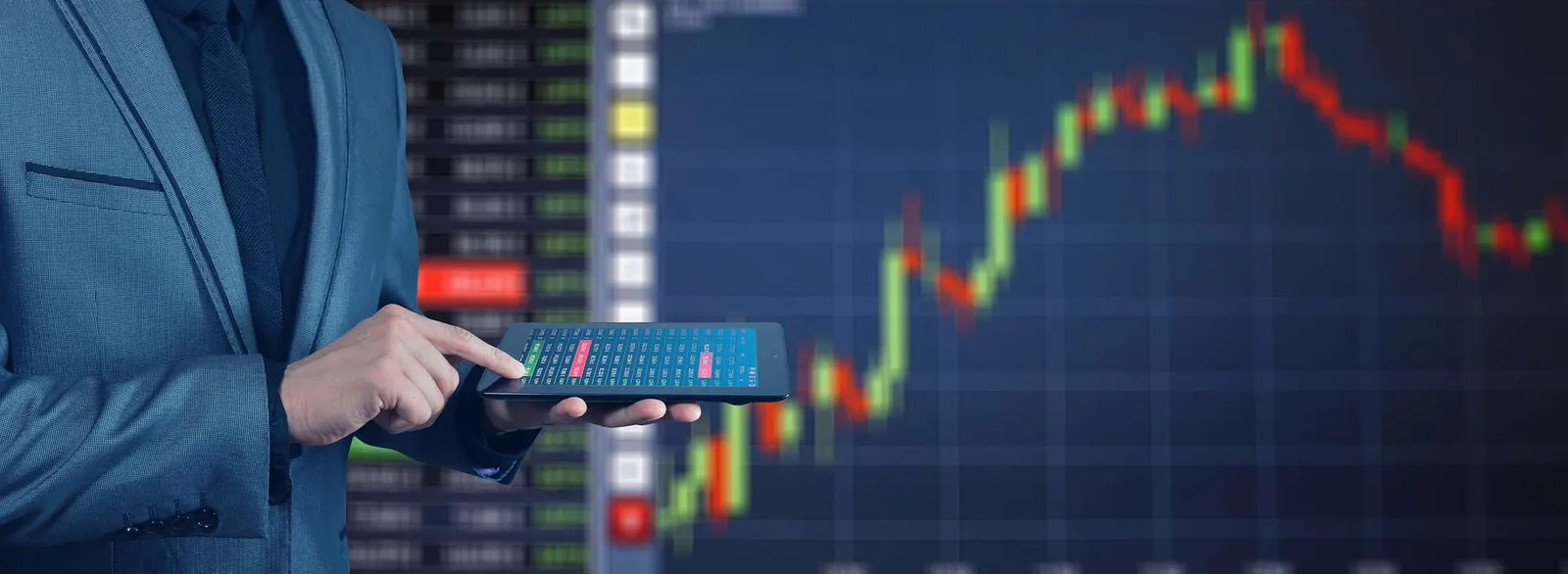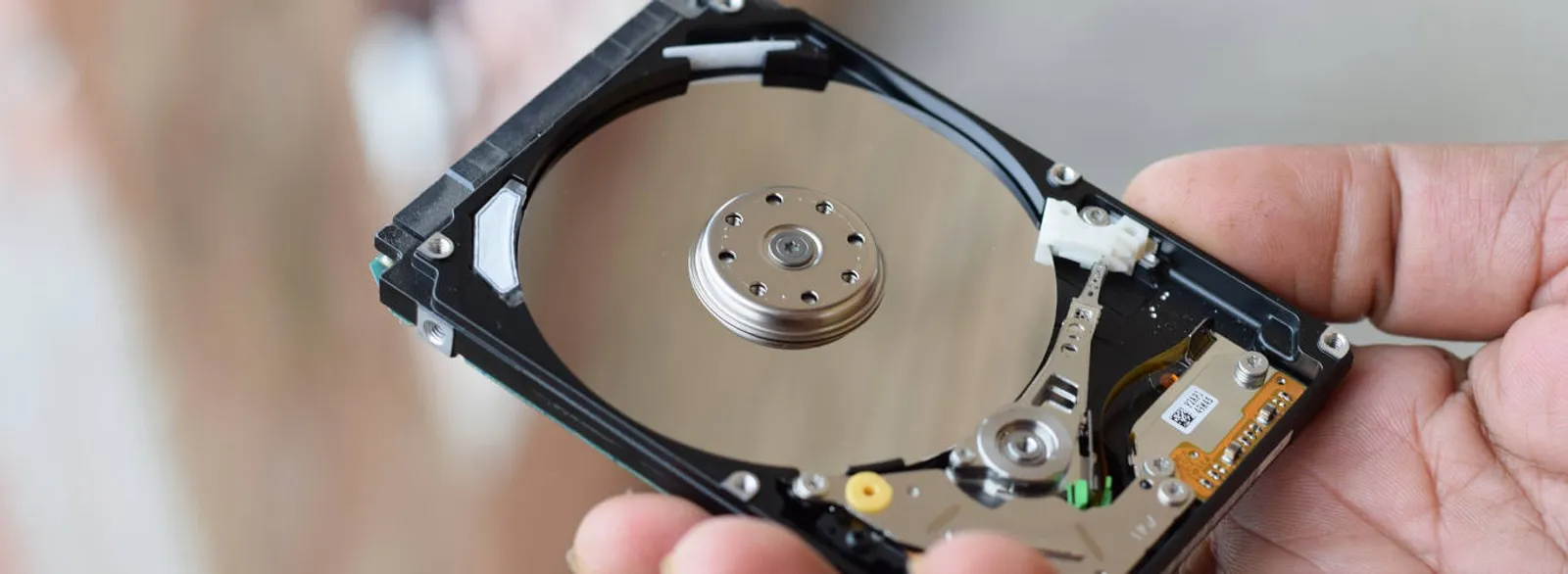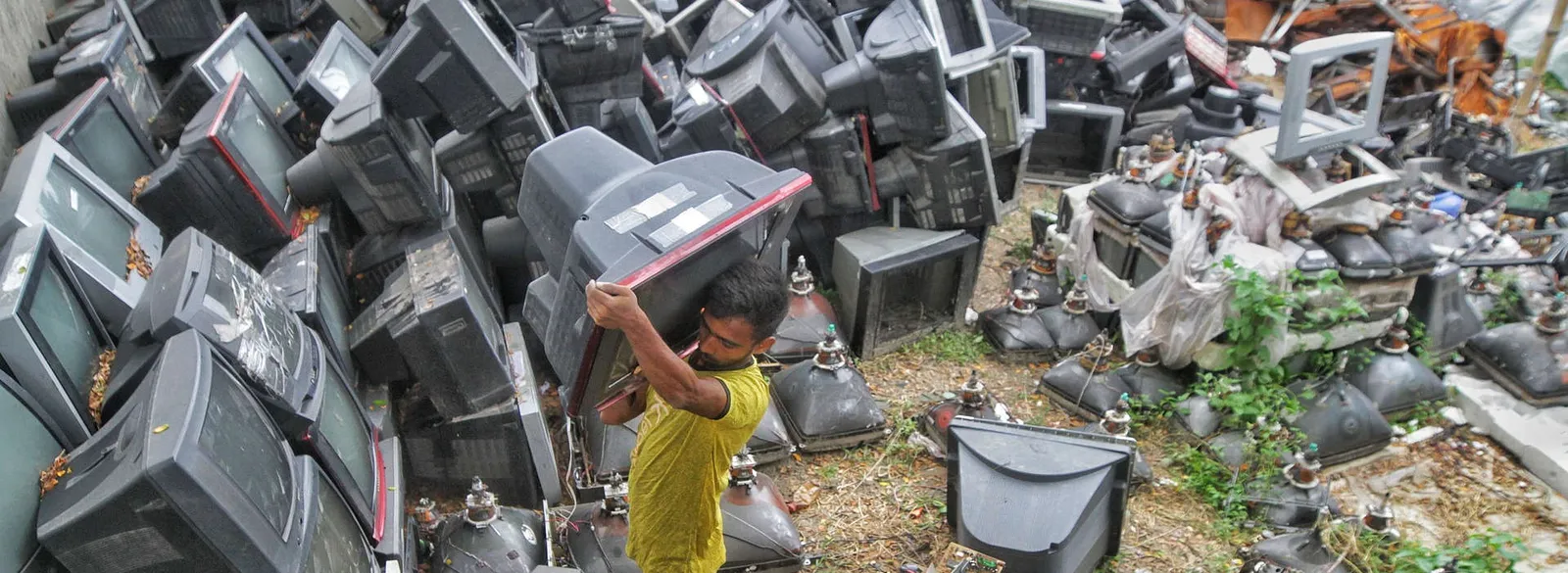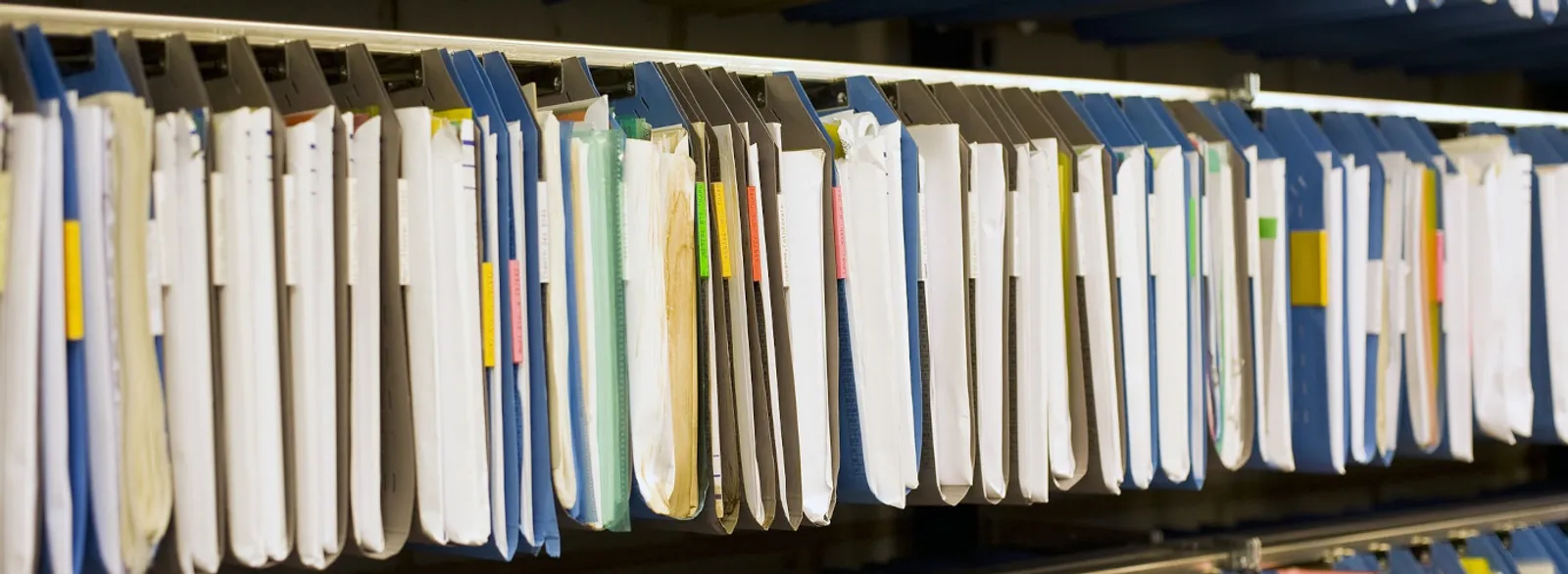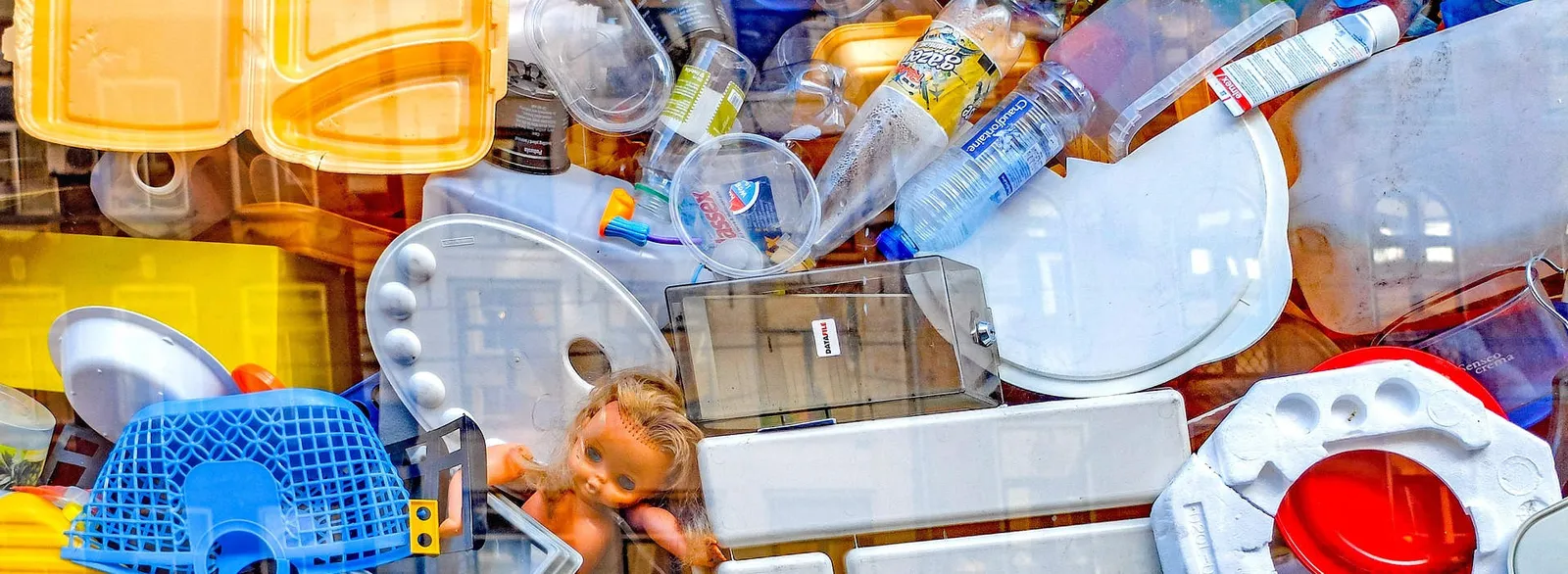If you are interested in ecology and recycling - sign up for our newsletter
Technological Applications and Innovations
Rare metals are the backbone of modern technology. In the electronics industry, they are used in the manufacturing of semiconductors, smartphones, computers, and other digital devices. For instance, tantalum is utilized in the production of capacitors and microchips due to its excellent conductivity and heat resistance. Indium is essential for creating touchscreens and LCD displays, as it is a key component of indium tin oxide (ITO), a transparent conductive material. In addition to consumer electronics, rare metals are integral to the development of advanced technologies such as electric vehicles (EVs) and renewable energy systems. Lithium and cobalt are crucial components of lithium-ion batteries, which power everything from smartphones to electric cars. The rise of the EV market, driven by the global push to reduce carbon emissions and dependence on fossil fuels, has significantly increased the demand for these metals. Neodymium and dysprosium are vital for the production of high-strength permanent magnets used in wind turbines and electric motors, enhancing their efficiency and performance.
Energy Transition and Sustainability
The transition to a low-carbon economy is heavily reliant on the availability of rare metals. As countries strive to meet climate goals and reduce greenhouse gas emissions, renewable energy technologies such as solar panels and wind turbines are becoming increasingly important. Rare metals like tellurium and cadmium are used in photovoltaic cells for solar panels, while rare earth magnets improve the efficiency of wind turbines. Energy storage technologies also depend on rare metals. As renewable energy sources are intermittent, efficient energy storage systems are needed to ensure a stable power supply. This has led to a surge in demand for lithium-ion batteries, which are pivotal for storing energy from renewable sources and are central to the development of smart grid technologies.
Industrial and Defense Applications
Beyond technology and energy, rare metals have significant applications in various industrial sectors and defense. In the aerospace industry, titanium is valued for its high strength-to-weight ratio and corrosion resistance, making it ideal for aircraft manufacturing. Similarly, rhenium is used in jet engine components due to its ability to withstand high temperatures. The defense sector relies on rare metals for producing advanced weaponry and military systems. Rare earth elements are used in the manufacturing of missile guidance systems, lasers, and communication devices. The strategic importance of these metals has prompted governments to secure their supply chains and invest in domestic production capabilities to reduce dependence on foreign sources.
Economic and Geopolitical Implications
The growing importance of rare metals has significant economic and geopolitical implications. Countries with abundant reserves of these metals have a strategic advantage, as they can leverage their resources to foster economic growth and influence global markets. China, for instance, dominates the global production of rare earth elements, accounting for over 60% of the world's supply. This has raised concerns about supply chain vulnerabilities and the need for diversification to ensure a stable supply of critical minerals. In response, many countries are investing in research and development to explore alternative sources and recycling technologies. The European Union and the United States have identified rare metals as critical to their economic and national security, prompting initiatives to promote domestic mining, improve recycling processes, and develop substitutes for these materials.
Challenges and Future Prospects
Despite their critical role, the extraction and processing of rare metals pose several challenges. Environmental concerns, such as habitat destruction, water pollution, and greenhouse gas emissions, are associated with mining activities. Additionally, geopolitical tensions and trade disputes can disrupt supply chains, affecting global markets and prices. To address these challenges, the industry is focusing on sustainable mining practices and developing new technologies for efficient extraction and recycling. Research into alternative materials that can replace rare metals in certain applications is also underway, aiming to reduce dependency and mitigate supply risks. Looking ahead, the demand for rare metals is expected to continue growing as technology advances and the world shifts towards cleaner energy solutions. The development of next-generation technologies, such as quantum computing, 5G networks, and advanced robotics, will further drive the need for these critical materials. Ensuring a stable and sustainable supply of rare metals will be essential to support economic growth, technological innovation, and environmental sustainability.
The Importance of Recycling
Due to the increasing demand for rare metals and the challenges associated with their extraction, recycling plays a key role in ensuring their sustainable supply. Recycling enables the recovery of valuable metals from used products, such as electronics, batteries, and electric vehicles, reducing dependence on new raw materials and minimizing environmental impact.
The process of recycling rare metals is complex and requires advanced technologies but offers significant benefits. It reduces greenhouse gas emissions associated with the extraction and processing of new raw materials, decreases environmental pollution, and limits ecosystem degradation. Moreover, recycling supports sustainable development by optimizing resource utilization and creating a circular economy.
In light of growing concerns about supply security and geopolitical tensions, recycling is also becoming a strategic tool in national and international policy. Countries are investing in the development of recycling technologies and implementing regulations supporting the recovery of rare metals, which helps reduce dependency on foreign sources and enhance resource security.
In the future, the demand for rare metals will continue to grow with technological advancement and the transition to renewable energy sources. To meet this challenge, it will be crucial to develop sustainable mining practices, improve recycling technologies, and conduct research on metal substitutes in certain applications.
Recycling will become an integral part of resource management strategies, supporting not only the economy and technological innovation but also environmental protection and sustainable development. Through a sustainable approach to managing rare metals, it will be possible to build a more durable and prosperous future for future generations.

